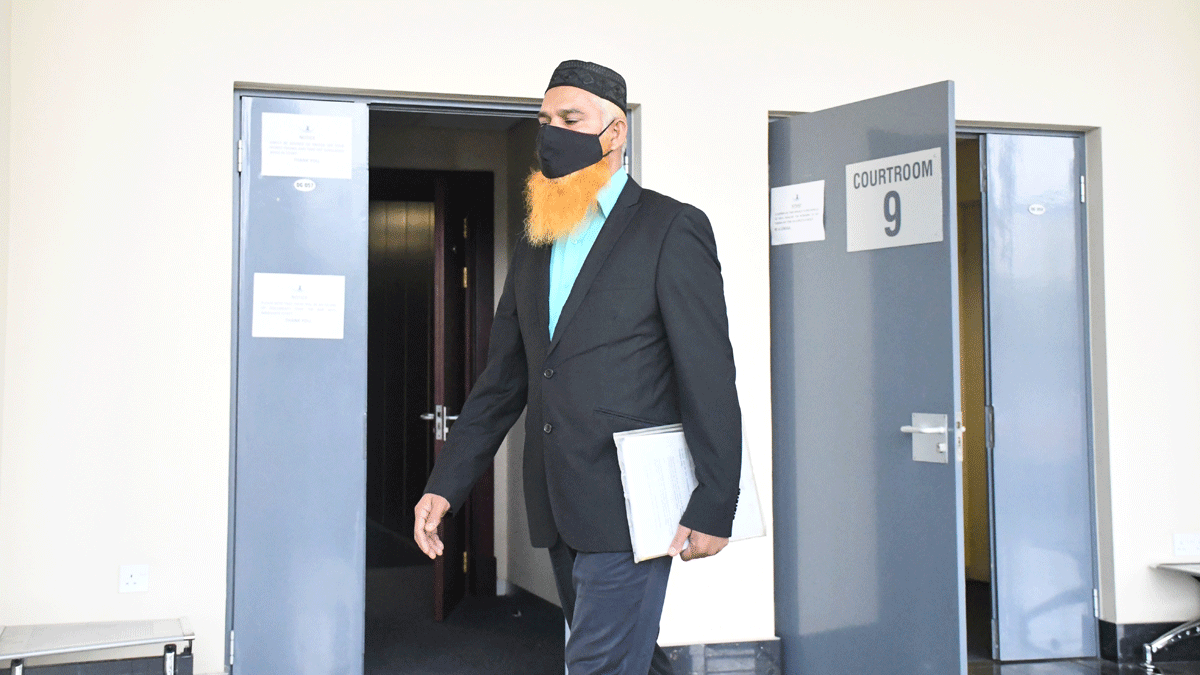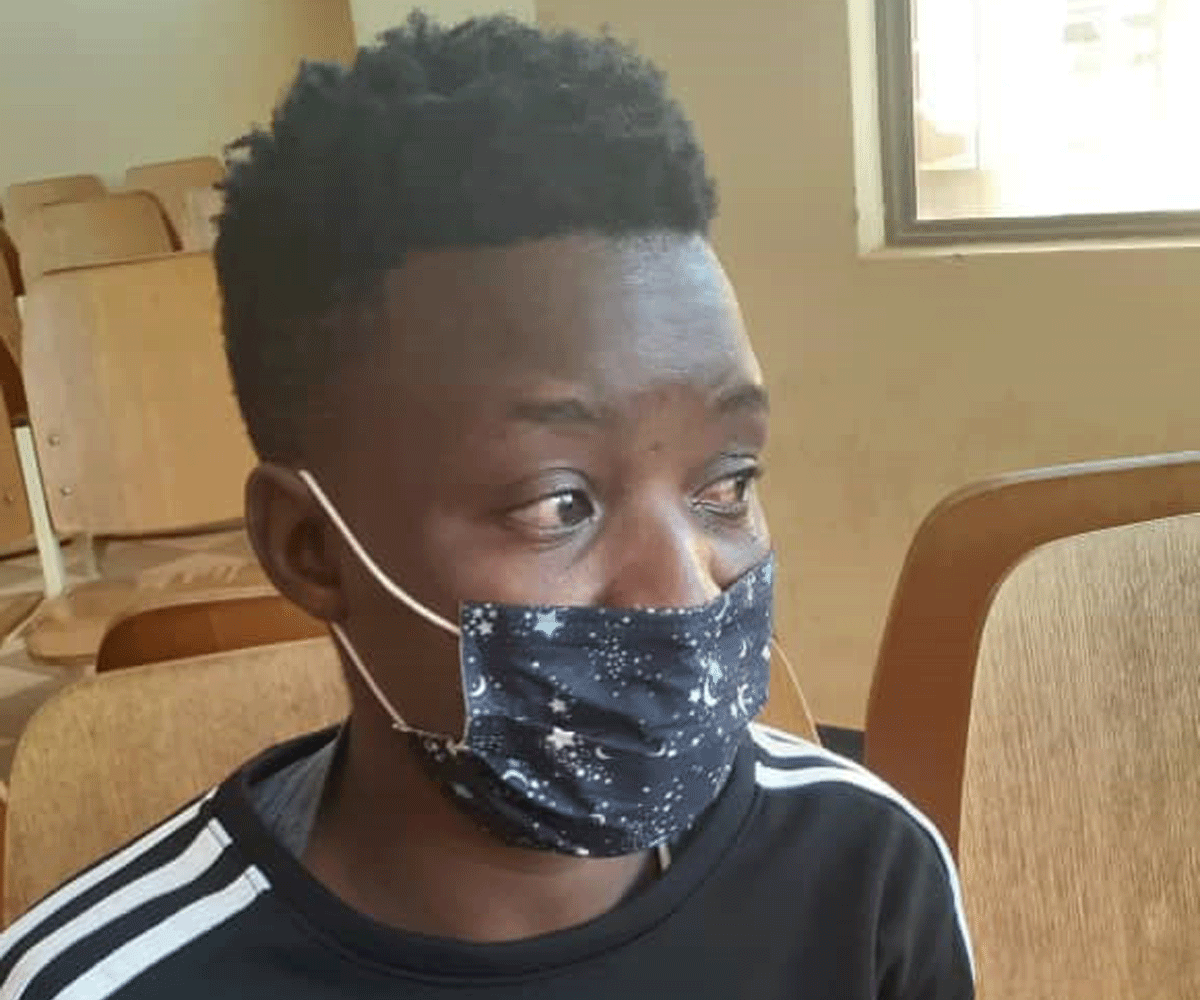In 2018, government increased the legal age for sexual consent from 16 to 18.
It means anyone who sleeps with a person under the age of 18 is breaking the law and can be charged with defilement.
The idea was to protect children from all forms of sexual abuse.
However, cases of child marriage still exist in Botswana, with those involved rarely, if ever, prosecuted.
According to the Executive Director of Women Against Rape (WAR), a non-governmental organisation based in Maun, Peggy Ramaphane, many children are trapped in early marriages, especially in the North West District.
Ramaphane believes perpetrators are ‘hiding behind culture’ to sleep with underage girls who are forced into marriage at a young age.
She added these young girls often drop out of school and are made to have children and take up adult responsibilities, including farming and household chores.
“These are undocumented but they are taking place all over the country, albeit very common in the North West. This is the part of the country where Africa meets. The culture is very diverse and arranged marriages are common,” stressed the Human Rights activist.
Ramaphane says it is difficult to prosecute these cases because cultural practices are protected under the country’s constitution, which is the supreme law of the land.
Sharing Ramaphane’s concern is Ngami Member of Parliament (MP), Carter Hikuama, who condemned child marriages in all its form.
“There is no rape in marriage or defilement at least in the eyes of the Botswana laws. I am tempted to submit that consensual sex with girls below the minimum age simply because they are in marriage constitutes one of the most severe forms of child abuse,” declared Hikuama, in a letter to The Voice.
The MP was quick to point out the difference between arranged and child marriages in his community of the OvaMbanderu.
“It is equally true that we are one of the groups of people who still support and practice arranged marriages because of its many advantages. It is a practice I wholly endorse and respect. That shouldn’t be confused with child marriages, there is a great difference between the two.”
Hikuama confirmed that OvaMbanderu culture allows child marriages, but stressed consummation does not take place until the legal age of consent is reached.
“But whatever benefit it has or used to, it has no room or space in the contemporary society in many respects. Firstly, it does not give room for free and full consent of the intending spouses. Secondly, it violates the rights of the girl child to be free from all forms of discrimination, inhuman and degrading treatment and slavery.”
Hikuama went on to state, “Despite the fact that child marriage is permissible by laws and cultural norms in many parts of the world with parental consent or judicial approval, it is not good enough. It is my political commitment to wage a war for poverty eradication and childcare hence I cannot support any practice with the potential to perpetuate or expose a child to sexual and economic servitude.”
Hikuama was responding to The Voice’s front-page article, published a fortnight ago, under the headline, ‘Councillor defends child marriages’.
“The councillor [Zico Maoveka] who is my son [cousin] being my uncle’s child and a former comrade at the Botswana Congress Party (BCP) of the UDC-organisation that adopted social democracy as their guiding ideology,” Hikuama pointed out.
In the story, the Komana-Toteng Councillor admitted to marrying his wife when she was just 15. Maoveka explained the girl was born to be his wife and was ‘given to him’ while in ‘her mother’s womb’.
He also admitted he could not remember when their relationship turned sexual.
“I am not sure when we started having sex, but the thing is there was no problem with it as the parents had given us consent,” Maoveka stated in the original story.

















